What is a Self Build Project?
While self-building does not necessarily require a lot of experience, there are many decisions to make and considerations to make. If you’ve never done homebuilding before, you can take a self-build course, which is organised by the nSBRC. Once your property is finished, you can kick back and relax. However, self-building is not without its challenges. The first step is to decide how much money you’re willing to spend on the project.
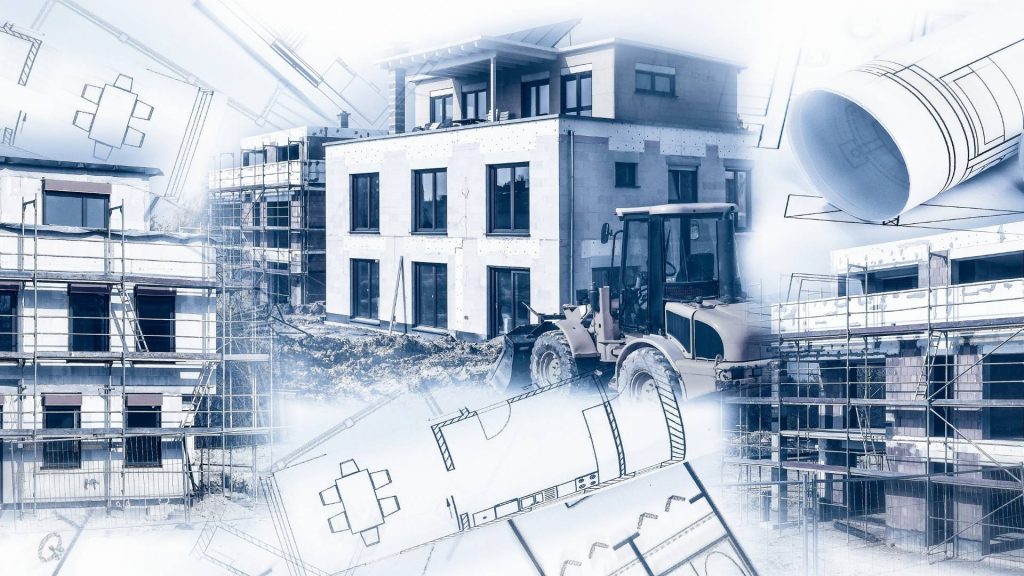
Once you have decided on the general design of your new home, you’ll need to get contractors. To find a builder, recommendations are helpful. You’ll also need specialist insurance, and should know who to hire for these. You may also need to apply for further permissions or arrange temporary accommodation. But no matter how much money you’re willing to spend, the benefits will be worth it.
As with any type of project, there are many things to consider before you start. You’ll need to get your hands dirty, so prepare for this. You’ll need to hire builders and architects, and you’ll need to know how to deal with contractors and subcontractors. You’ll also need a team to help you, especially if you’re building a new home. Self-builders should make sure they include all of their potential snags in their contract.
Is a Self Build House Right for Me?
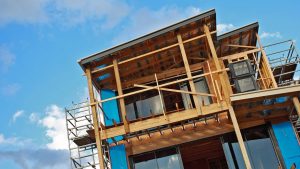 Before you start looking for a self build house builder, make sure to do some research. Read customer reviews and see who the builder has worked with in the past. Read about the builder’s process and how responsive they were when customers complained about problems. Find out if they made any mistakes or if they responded to repair requests promptly.
Before you start looking for a self build house builder, make sure to do some research. Read customer reviews and see who the builder has worked with in the past. Read about the builder’s process and how responsive they were when customers complained about problems. Find out if they made any mistakes or if they responded to repair requests promptly.
You can also get references from local banks or construction loan providers. These bankers will know which builders are worth hiring, and will be able to guide you through the process.
What are UK Self Build Schemes?
The government is currently offering £150m of government money for self-building, aiming to lower the upfront costs for first time buyers, younger people and those on low incomes. These grants come in the form of a government equity loan that tops up the deposit and mortgage, and improves interest rates. Currently, one in three British adults is interested in building their own home. This government scheme is also expected to help small building firms increase their business.
The equity loan scheme allows participants to make a 5% deposit, compared to the usual 20%. This reduces the financial barrier for first-time home buyers. This equity loan can be used towards a building project or land purchase. In many cases, this is sufficient to build a modest home. The government’s goal is to create 40,000 new homes through this scheme, but the requirements are strict.
How Much Does it Cost to Self Build a House?
In the UK, the cost of planning permission is around £500. Building regulation applications and structural engineer reports can cost £1,000 and up, respectively. The costs of site surveys and landscaping can add several thousand pounds. There are legal costs and taxes to consider, and self-build insurance may cost you 1% of the overall cost.
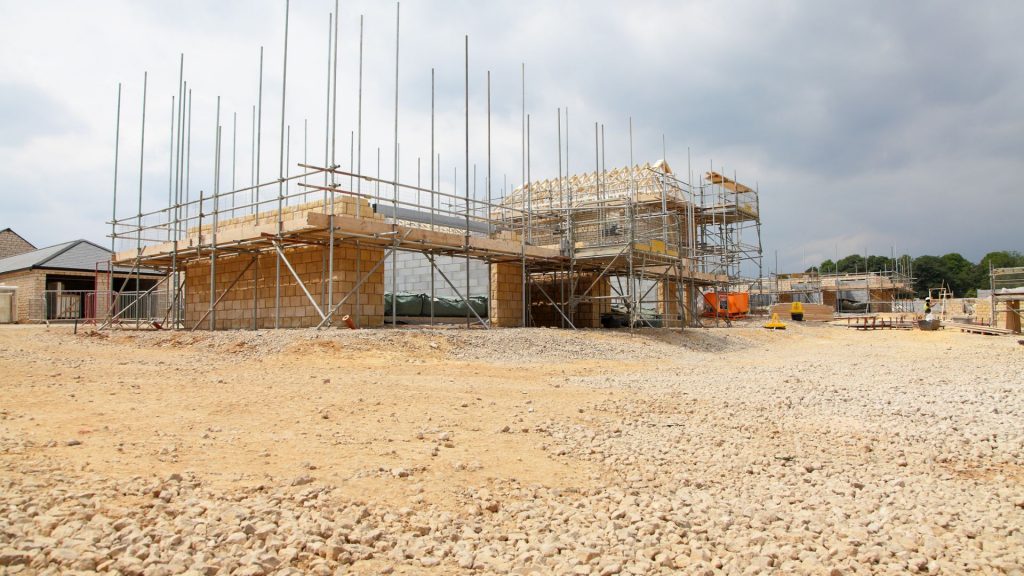
It is possible to build your own house for a lower cost than buying one. This way, you can create your own design and build a house to your specifications. There are also numerous government incentive schemes that make self-building a good option, such as VAT relief on labour and materials. A self-built home can be worth 20% more than an equivalent house, but it may take two years to complete. However, the cost may not be as affordable as you think.
If you plan to do the construction yourself, you should make an estimate of what materials you will need and what labour rates are for the different trades. Besides planning, you should take into account any charges that may come up along the way.
For instance, if you live in a mining region, you might need to hire a surveyor to look into mining problems. A planning department can advise you on which types of survey are needed for your specific building site.
How Much Money Can I Make on a Self Build?
A recent report on self-building homes revealed that novice and experienced builders could earn up to 20-30% profit from a project. Unlike large housebuilders, amateurs are more likely to match the profit margins of big companies. TV shows such as Grand Designs have encouraged people to consider building their own home. However, there are some important things to remember when taking on a self build project.
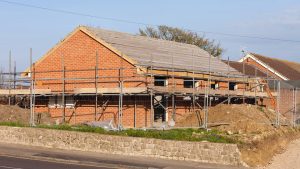 Before starting any building project, always check your financial situation. Before hiring any tradesman or company, check your eligibility for a mortgage. If you are unable to pay for the materials in full, you may experience difficulties later. Whether you can make this payment is a separate question.
Before starting any building project, always check your financial situation. Before hiring any tradesman or company, check your eligibility for a mortgage. If you are unable to pay for the materials in full, you may experience difficulties later. Whether you can make this payment is a separate question.
Always remember to stick to your budget – materials, labour, VAT, insurance, etc. – and make sure to follow timeframes.
A professional builder should charge you a fee of between 15% and 10% of the total project costs. If you are self-constructing a new home, as mentioned earlier, planning applications can cost around £500, but they can spiral into the thousands if there is an appeal process.
Structural engineers and site surveys can cost hundreds of pounds each. If you’re converting a non-residential building, you must obtain a VAT 431NB or 431C form before you begin work.
Is a Self Build House Cheaper than Buying?
There are many reasons to opt for self-building over buying. Despite the fact that there are several advantages to doing it yourself, it may be more expensive than buying a new home. For instance, there is more risk involved, such as not knowing whether you will have enough money to finish the project on time. However, if you’re prepared to make a lot of sacrifices and work hard to complete your project on time, self-building can be an excellent option.
There are many hidden costs involved when buying a home. The price of a new home can be inflated if you add on costly upgrades and amenities. These costs may not be included in your contract, so you’ll have to make extra allowances for these costs. You should also stick to the price range you can afford – your monthly house payment should be no more than 25 percent of your take home pay.
How do you Fund a Self Build Property?
You might be wondering how to fund a self build property in the United Kingdom. There are several ways to finance your project. You can apply for government schemes like Help to Build, which give you 5% of the cost of your self-build property in return for a 5% deposit. However, these schemes apply to one property only. For this reason, you should check your eligibility carefully before you start applying for government help.
Self-build mortgages are available from specialist lenders who have a good understanding of the process. These mortgages are different from standard mortgages in that they require more information about your project, including full cost breakdowns, a build schedule, details about your project manager, and a copy of your plan for the property. You can also apply for a larger sum of money with a self-build mortgage. If you’re looking to borrow more money to finance your project, you can consider remortgaging your current home.
If you’re lucky enough to have some savings to fund your project, you can release equity from your current home. This is not applicable to everyone, but it can make your project faster and easier. Some developers even use short-term funding at auctions to get the funds they need for their project. A 28-day hammer-to-completion timeframe is better than the six-week timeframe that regular lenders require.
How do I Find a Self Build Plot?
There are many ways to find a plot to build a new home. You may want to register with an estate agent to be alerted to new plots that become available. If your budget is limited, staying in touch with local surveyors and architects may also help you find a plot that fits your needs. You may also want to contact property auction specialists in your area. There are websites that keep you informed of forthcoming auctions and offer listings for single house plots. Brownfield sites are also a good option as they are usually required to be demolished before new Self Builds can be built.
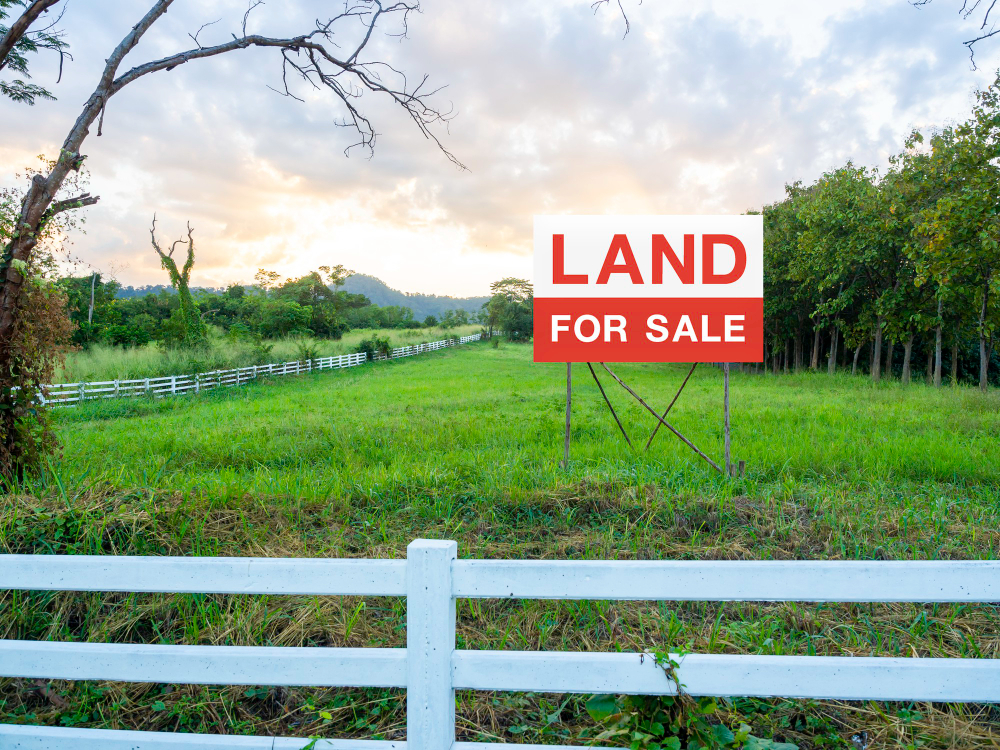
When looking for a plot to build on, you may want to consider its location and the supply of housing in the area. There are also various factors to consider, such as architectural design and green principles. If you are building on a plot that is not listed on any commercial portals, you may also want to consider a plot that has an existing house on it. For instance, if the plot you’re interested in is in a prime location with ample space, you may want to consider purchasing a plot that is located near a railway line or in an area where there is a high concentration of greenery.



